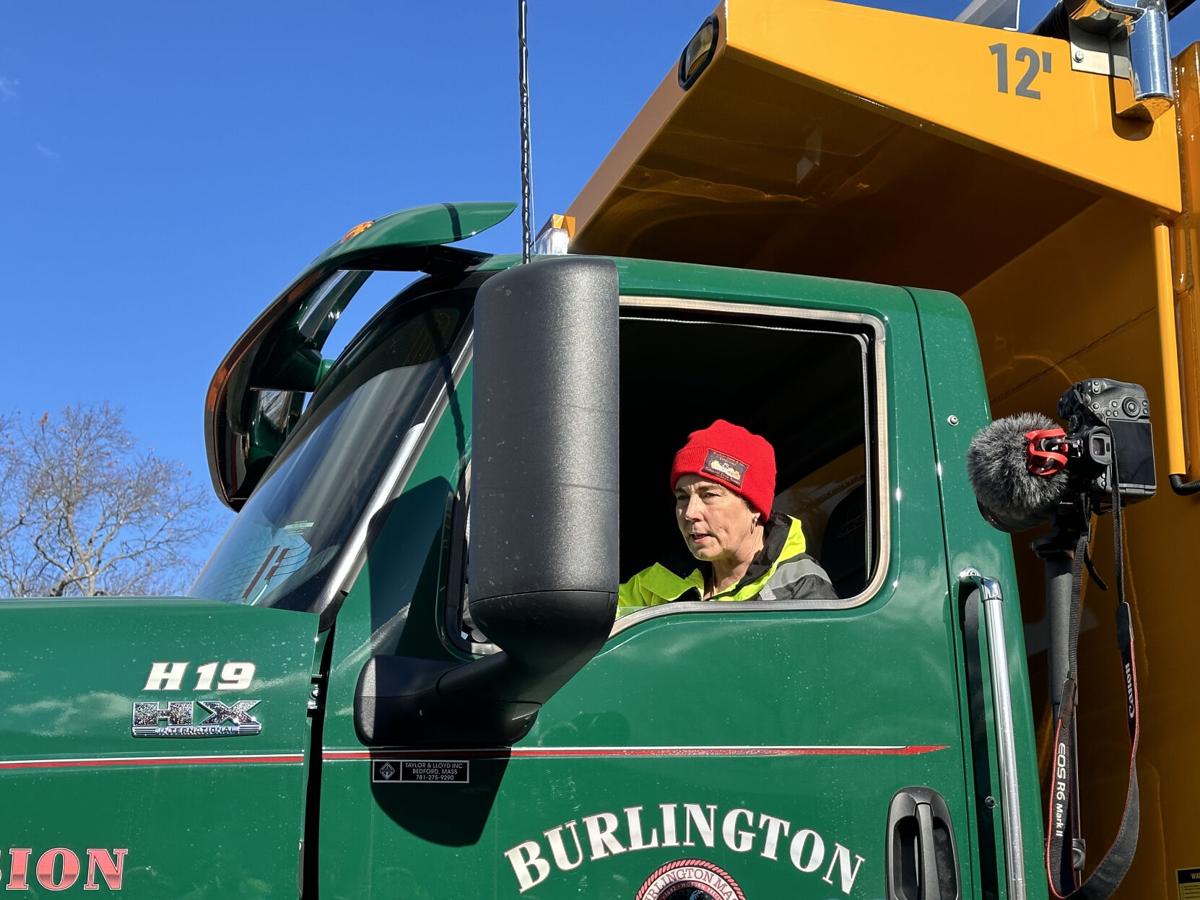
EV truck sale mandates for Massachusetts cities and towns delayed
The state DEP is delaying enforcement of minimum electric truck sales requirements, a move cheered by cities and towns but condemned by clean energy and environmental advocates.
Under the Advanced Clean Trucks (ACT) regulation that Massachusetts adopted following California’s lead in 2021, medium- and heavy-duty vehicle manufacturers are required to produce and make available for sale a gradually-increasing percentage of zero-emission vehicles (ZEVs) starting in model year 2025.
MassDEP said some truck manufacturers have said the sales requirements “are too difficult to meet” and municipalities have sounded the alarm about the limited supply of clean trucks that are available to comply with the state’s lower-emissions standards.
The DEP said that it “will exercise enforcement discretion by not taking enforcement action against manufacturers that do not meet their Model Year 2025 or Model Year 2026” sales requirements as long as those manufacturers continue to provide internal combustion vehicles to distributors.
“While manufacturers were involved in developing the ACT framework, they now indicate that ACT requirements are too difficult to meet. Some manufacturers are limiting ICE truck sales as a means to ensure their compliance with ACT sales requirements, reducing availability to a wide range of users,” MassDEP said. “Further, the current federal administration has created significant uncertainty around ZEV incentives, charging investments, manufacturing and tariffs, each of which threaten a smooth transition to medium- and heavy-duty ZEVs.”
DEP’s announcement was hammered by Sierra Club Massachusetts, which said the action will delay health benefits to millions of Bay Staters as part of a “deliberate, national effort by manufacturers to create a false compliance crisis to stall progress on the shift to clean vehicles.”
“Diesel trucks are a health risk Massachusetts cannot willfully ignore,” Vick Mohanka, Sierra Club Massachusetts’s director, said. “Delaying the transition to cleaner, more efficient trucks is misguided and will have a detrimental impact on the well-being of our local communities. Study after study shows the devastating impact of highly emitting diesel trucks, especially to infants & young children. Truck manufacturers must be held accountable for their attempts to obstruct the necessary transition to cleaner trucks that lower fuel costs and emissions.”
Adam Chapdelaine, executive director of the Massachusetts Municipal Association, told lawmakers last month municipalities were worried about their ability to buy the trucks necessary to plow roads, collect trash and more as manufacturers focused on their EV sales mandates.
He said Monday that municipalities appreciate DEP’s “recognition of the market forces that are impacting the ACT initiative.”
“Local leaders feel the direct impacts of climate change and share the Commonwealth’s commitment to reducing emissions, but also must balance the realities of tight municipal budgets and the need to reliably provide essential services to residents,” he said.
Massachusetts Fiscal Alliance called on Beacon Hill to completely rework the mandates.
“The DEP’s decision to delay enforcement of the Advanced Clean Trucks (ACT) mandate is a step in the right direction, but a delay is not a solution. Unless Massachusetts replaces rigid climate mandates with realistic, goal-based policies, we’ll be right back in this same situation—facing limited supply, higher costs, and major disruptions,” said Paul Diego Craney, Executive Director of the Massachusetts Fiscal Alliance.


